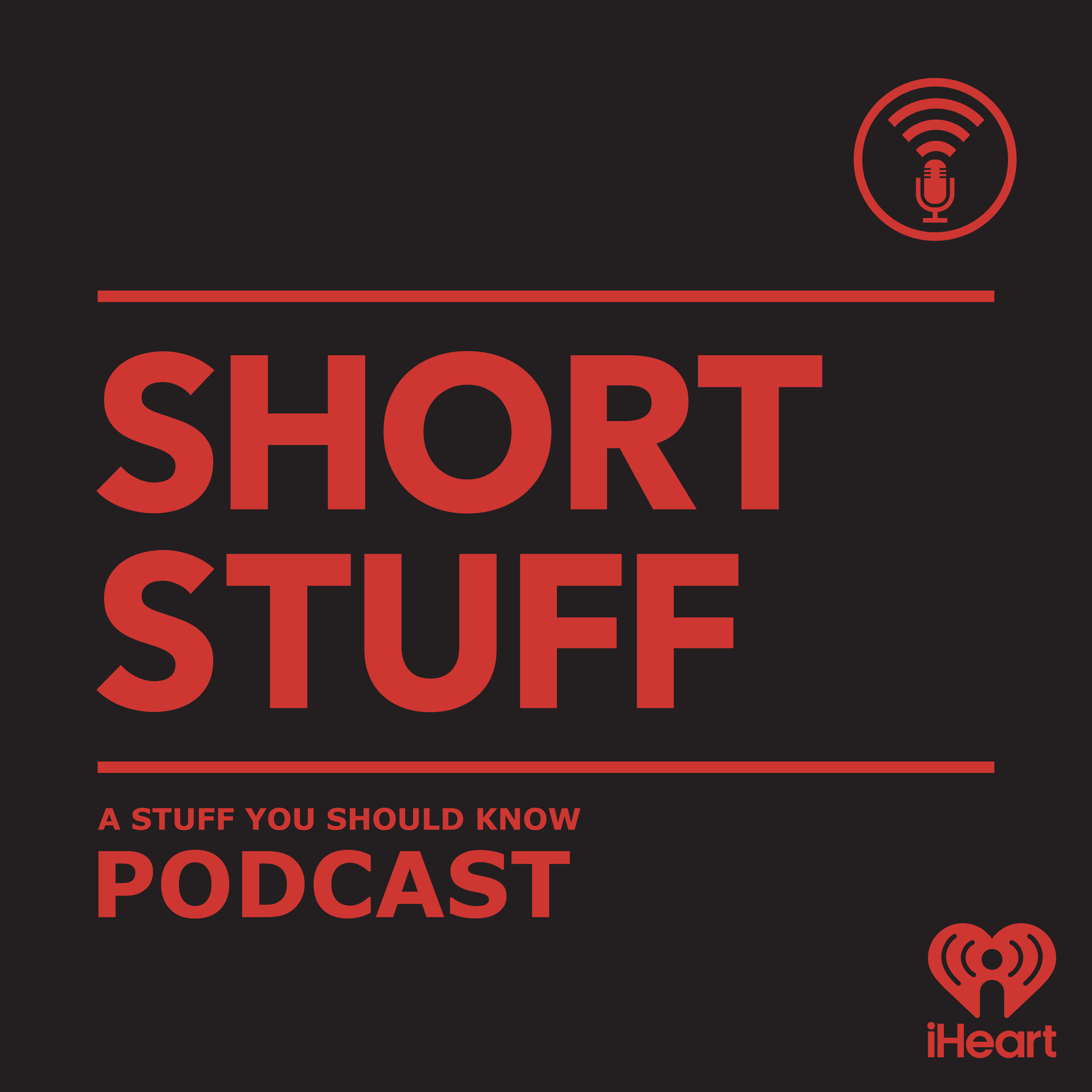Selects: Noise Pollution: Arrrgh!
If you’ve ever found your blood pressure rising because some guy down the street doesn’t know how to keep the trigger on a leaf blower pulled all the way, then you’ve experienced noise pollution. Not only is it annoying, it turns out it’s deadly too! Learn all about it in this classic episode.
See omnystudio.com/listener for privacy information.
Press play and read along
Transcript
Transcript is processing—check back soon.
Stuff You Should Know — Selects: Noise Pollution: Arrrgh!


